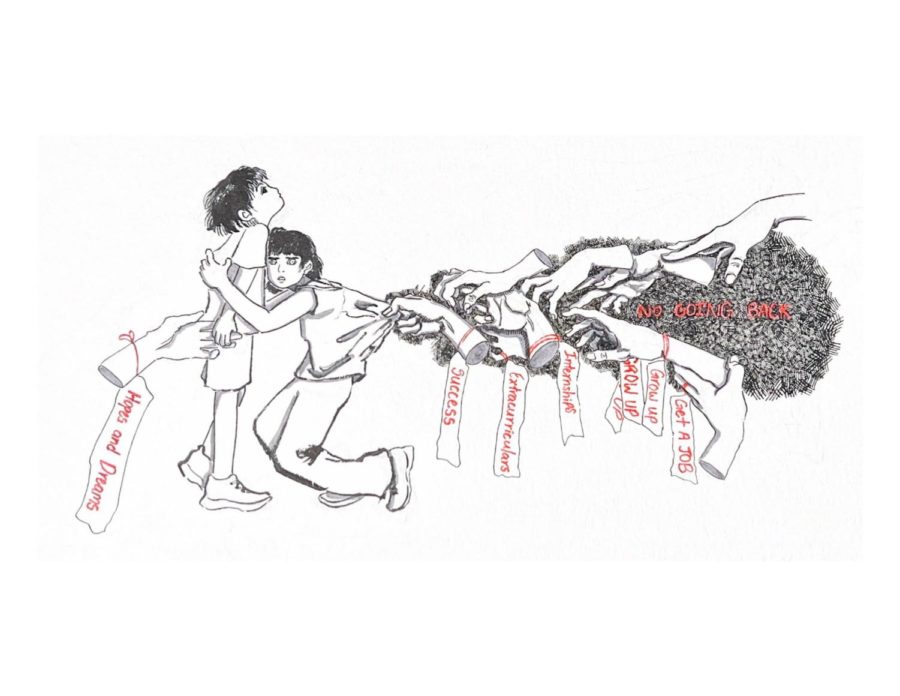In Luther’s era, it was “the devil’s work” to propose an alternate reading of scripture; in Galileo’s, radical to suggest that our planet wasn’t the center of the universe. These were eras defined by religion: where worship wasn’t once a week, but once a day, when rites would consume hours at a time, when scholasticism was the supreme form of scholarship, when sovereigns ruled via divine right.
Since then, however, the developed world has witnessed a major shift in how its citizens define and identify with faith. Now, we pride ourselves not in ostracizing others’ religions, but in recognizing each person’s freedom to choose her own. Our constitutions cement the separation of church and state. Our public schools don’t pray.
Indeed, 16.1 percent of the U.S. population reported that they are unaffiliated with any faith, and 34.5 percent responded “no” to Gallup’s 2009 question, “Is religion important in your daily life?”, while 70 percent of the population agrees that the importance of religion is “declining.” This contrasts sharply with a 1957 poll, when 69 percent of Americans said that religion was increasing its influence, and it all points to a trend of diminishing religious sentiment.
But the trend is neither all-consuming nor unilateral, as churches and other religious organizations still hold a prominent position in our nation’s social and political discourse. Religious considerations still seem to top the list of reasons that voters favor a given candidate; indeed, hoards of current voters report that they’ll vote against Romney simply because he’s Mormon or praise Bachmann and Santorum for “putting their faith first.” Not to mention the fact that our first non-Protestant president, JFK, took office just over 50 years ago, or that every U.S. president has been a Christian male. Our one-dollar bills are stamped with “God.” Our houses of worship are almost always tax-exempt. Our government even seems to grant religious groups like the Westboro Baptist Church far greater permission to protest than it does political groups like Occupy Wall Street.
Religion is prominent on the U of C campus as well. We too have strong faith-based organizations like InterVarsity and Hillel, alongside the equally popular Secular Students Alliance. Off campus, many of our students are active members and regular attendees of churches, synagogues, mosques, temples, and other houses of worship.
But while the religious tolerance and freedom that has developed over time has been a positive trend on the whole, it has also led to the simultaneous development of an odd and often unjustified tendency—especially among those who identify as atheists—to speak of religion in all-or-nothing terms, and often in an insulting manner. From my experience, the trend has been most prevalent online and, curiously enough, on our campus.
The most common sources of argument seem to be the inconsistency of various Bible verses with either one another or with contemporary social standards, and the fact that, unfortunately, no one can produce definitive, immediate, and unquestionable proof of a supreme being’s existence. From these two principles, the debater almost always concludes (in a logical progression not at all different from those Bible verses they condemn) that all religion is bad, and all those who call themselves religious are either ignorant or stupid.
But are they really? More importantly, is this sort of uninhibited bashing of religion really going to get us anywhere?
First: God. While anyone would be hard-pressed to definitively prove that God exists, it’s equally impossible to outline the precise origins of the universe. Even granting the Big Bang theory, for instance, doesn’t quite disprove the existence of a divine being, just as our lack of contact with aliens doesn’t disprove their existence either.
Second: Biblical inconsistencies. Is it an automatic mandate that someone who identifies as “Christian” must adhere to each and every principle outlined in the Bible? The answer is an almost definite “no.” Just as someone who identifies as “Republican” mustn’t espouse an unconditional belief in every bullet point of the official GOP platform, so too can someone who identifies as “Christian” opt to be pro-choice, support same-sex marriage, or believe that Earth isn’t 6,000 years old.
Third: the Bible. It is not representative of all religions. I’m often surprised by just how many people making the above two arguments forget this basic fact.
But most importantly, this sort of approach threatens our society’s incredible religious tolerance. Just like everything else, religion isn’t monochrome—and it should be recognized, and respected, as such.
Anastasia Golovashkina is a first-year in the College majoring in economics.








